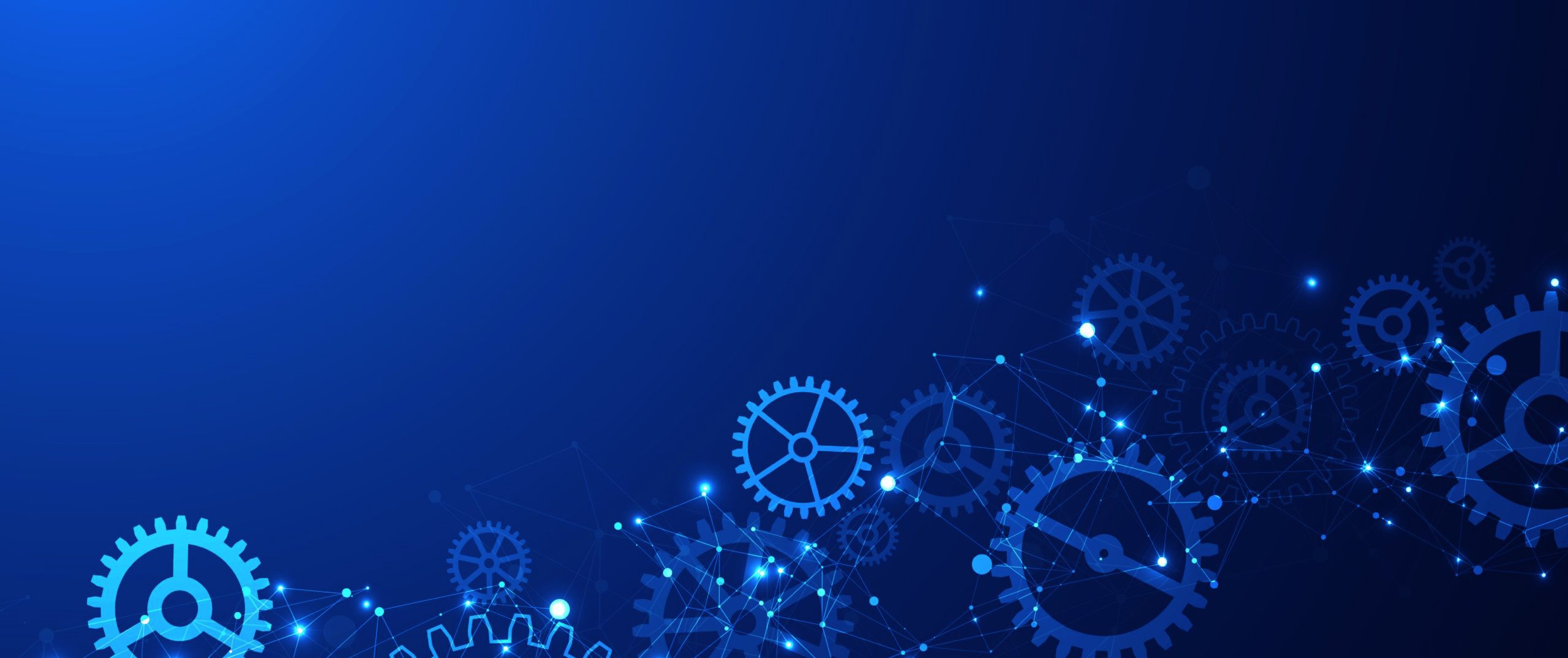12 hours of instruction
This 12-hour workshop educates participants on the fundamentals of data science and how to apply them in such a way that it is relevant even to those who will neither manage nor consume data regularly. Attendees will learn: data science concepts and associated terminology; why data science is important; what it means to work in a data-driven culture including the skills necessary to thinking critically about data; common issues in data collection and analysis such as bias, data gaps, and imprecision; strategies for interpreting data visualizations produced by others; and foundational steps those who are not data scientists can take to incorporate data analysis into their work.
OBJECTIVES
- Explain what it means to work in a data-driven culture
- Discuss data science concepts and terms
- Interpret data visualizations to make strategic decisions
PREREQUISITES
No background in math or data analysis is required.
SYLLABUS & TOPICS COVERED
- Creating a data-driven culture
- Data-driven decision making
- The data science process
- Choosing feasible and meaningful projects
- Designing and revising data projects
- The benefits of data
- Introduction to data analytics
- Data governance strategy
- Selecting data tools
- Structuring data teams
- Foundational data science methods
- The basics of machine learning
- Clustering and its uses
- Classification and its uses
- Regression and its uses
- Questions to ask about data science processes
- Advanced data science methods
- Text mining and its uses
- Graph analysis and its uses
- Neural networks and their uses
- Questions to ask about data science processes
- Principles of data visualization
- The impact of data visualization
- Selecting charts and graphs to present results
- Tailoring visualizations to an audience
- Designing data visualizations
- Recognizing misleading and inaccurate visualizations
SOFTWARE REQUIREMENTS
None

